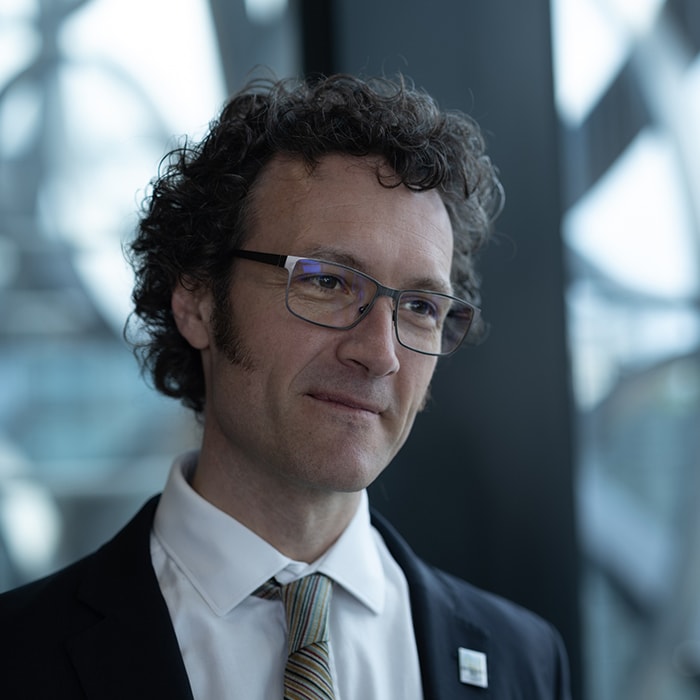
Supporting Birmingham City Council as it welcomed Ukrainian refugees
After Russia’s invasion of Ukraine in February 2022, Birmingham City Council (BCC) welcomed hundreds of refugees to live in the city. PwC is working with BCC to fine-tune tools to deliver connected, consistent services and highlight operational risks.
Setting the scene
Councils have the primary local public sector responsibility to provide and coordinate key services, such as safe and secure housing, access to education, financial support, and to signpost other multi-agency services - particularly mental and physical health support.
Birmingham has so far welcomed 500 refugees under the Homes for Ukraine programme, and expects to receive 800-1,000 in total, around one third of whom are children.
How we helped
The key challenges facing BCC were:
- A lack of detail on who is coming and when
- Understanding and coordinating need
- Translating policy into practical action, particularly when public services are stretched
A lack of common, reliable and up-to-date data and insight also undermines resource effectiveness.
We worked closely with Council teams and partners to: design the right services to support refugees as they arrive; consider pathways to long-term effective support; stand-up case management technology to provide a single record around the person/family; and provide real time data and insight.
We brought together our expertise in public sector service design and Microsoft technology capability to create the model, and transfer knowledge to the Council along the way.
Over the medium term, further services and supporting business tools can be developed - for example, to track refugee need and monitor outcomes around skills and employment.

"In early 2022, the world rallied around the Ukrainian people, and Birmingham was determined to do its part. Not just to welcome refugees, but to make their experience as good as it could be.
“We soon realised we needed new systems to capture data about our arrivals and their hosts, so we could make the right decisions, lead our partners, drive performance and join up services around refugee families. We wanted live, shared information that our decision makers, services and contractors would all use consistently.
“PwC has helped us deliver that ambitious vision: their pro-bono support has been invaluable. The model the PwC team built is now central to the way we support our Ukrainian refugee population - and provides a blueprint for the way we will support other high-priority groups in the future.”
Making a difference
The impact of our work is felt in terms of joined-up, consistent service design, alongside better market intelligence - particularly in relation to operational risks - and a scalable set of tools that can be developed further.
Longer-term, the use of this is twofold:
- The models we build can be used to manage and support future refugee populations in the same way.
- The model of rapid service design and intervention planning can be used for other high-priority groups. An example that has been discussed is using the same approach to youth unemployment in the east of the city. The process - identify a cohort, capture data, design services around their needs, monitor impact, and refine - is replicable.











